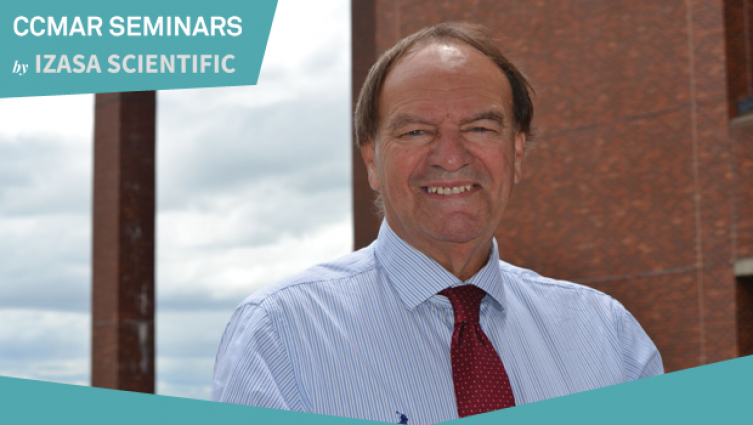CCMAR Seminars: Use of Marine Protected Areas and Other Temporal-Spatial Tools by the United States in Marine Conservation
CCMAR SEMINARS
10th November 2017, at 1:30 pm | Amph. 1.8.1. (bdg 8)
Use of Marine Protected Areas and Other Temporal-Spatial Tools by the United States in Marine Conservation
Robert Brock
(University of Massachusetts-Boston (USA) and Fulbright Scholar, Instituto Português do Mar e da Atmosfera, Lisboa, Portugal)
Abstract
Short CV
Dr. Robert Brock has held numerous scientific positions within the United States Government and retired as a Marine Biologist with the U.S. National Oceanic and Atmospheric Administration (NOAA) in 2016. Dr. Brock currently is an Adjunct Professor in the School for the Environment at the University of Massachusetts-Boston (USA) and a Fulbright Scholar at the Instituto Português do Mar e da Atmosfera in Lisboa, Portugal. Dr. Brock has worked on issues relating to marine protected areas, coastal and marine spatial planning, and at the interface of science driving responsible policy decisions. Dr. Brock has considerable experience as a technical advisor on these issues working internationally with the United Nations (UN) Food and Agricultural Organization (FAO), Convention on Biological Diversity (CBD), Northwest Atlantic Fisheries Organization (NAFO), International Council for the Exploration of the Sea (ICES), and the U.S. Department of the Interior’s International Technical Asistance Program (ITAP). Dr. Brock was a 2013 Embassy Science Fellow at the Embassy of the United States in Lisboa, Portugal and 2016 at the Embassy of the United States in Hanoi, Vietnam.
Robert holds a Bachelor of Science from Florida International University (Miami, FL, USA), Master of Science from the Nova Southeastern University Oceanographc Center (Ft. Lauderdale, FL, USA) and a Doctorate from the Environmental Biology Program at the University of Florida.


